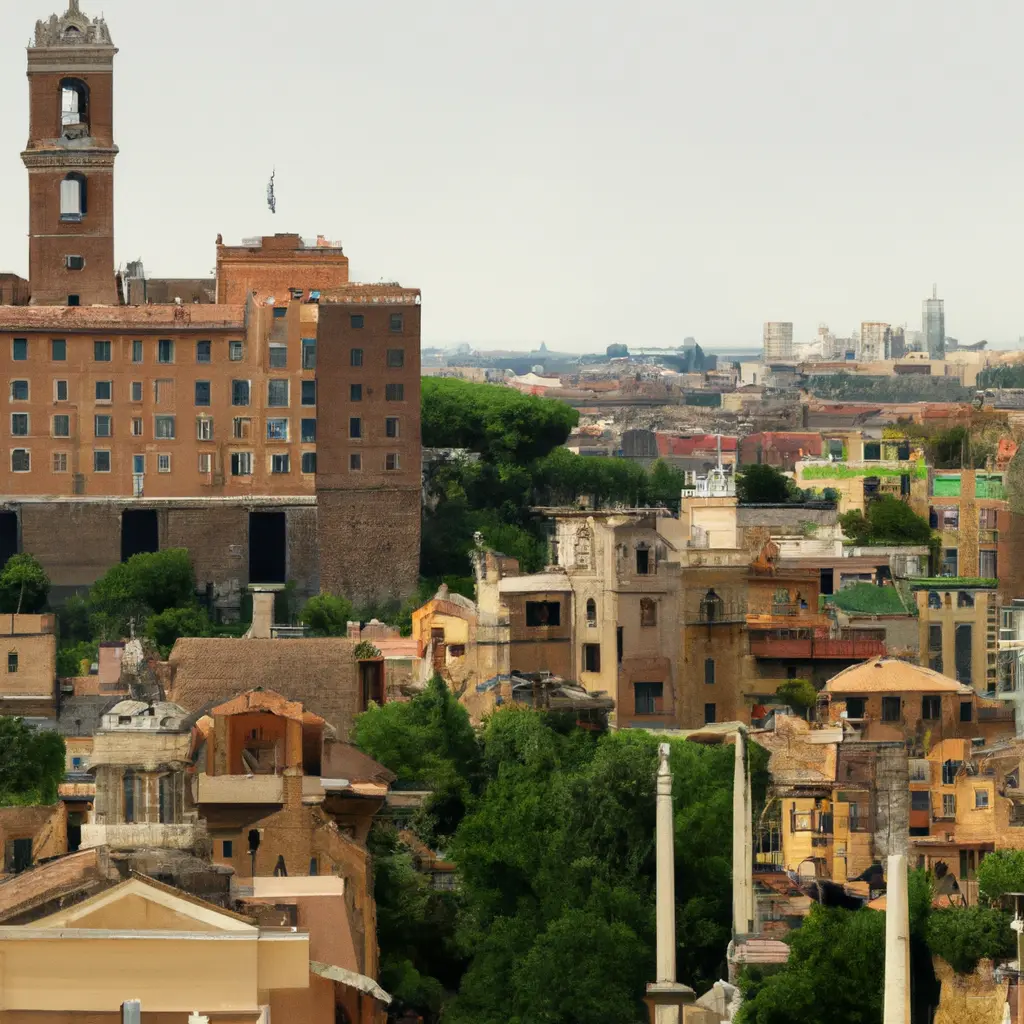Does 26 % weigh in on Aigab's tax on short-term rentals? Calculations.


The criticism of the Italian government's decision, contained in Manowar 2024, to raise the tax on short-term rentals from 21% to 26% has not subsided. On this occasion, the Association of Italian Short-Term Rental Managers (Aigab) expresses its firm opposition to this intervention, which, in its opinion, "impoverishes the middle class to the benefit of hotel entrepreneurs". To support its position, it circulated projections that a 26% tax would increase tax payments by €850 for 600,000 families.
Tax increase
Aigab says that "96% of short-term rentals in Italy are owned by individual owners: 600,000 families who, in order to avoid the risk of non-payment of rent (which reaches 24%) and to keep their secondary housing, inherited or purchased, and to pay for utilities, repairs and various taxes, choose short-term rentals to make ends meet rather than to enrich themselves. "
In seeking a larger tax contribution, around 850 euros a year (that much, according to Aigab, would amount to a 26% tax), the government is actually affecting the middle class, according to the Association of Italian Short-Term Rental Managers, by discouraging the investment and use of secondary housing, which is the main asset of Italian families who have empty homes.
Industry figures
The projections, compiled by the Aigab Research Center (Association of Italian Short-Term Rental Managers), are based on the total amount of existing housing in Italy (35 million dwellings, source: ISTAT, March 2023) and the number of "unused secondary dwellings" (9.5 million dwellings, source: ISTAT, March 2023).
"Unused secondaryThey are found predominantly in rural and maritime areas as well as in urban areas. In major cities, about 15% of dwellings are empty.
The total capacity of short-term rental housing in Italy is 2.5 million beds, about half of the national number of beds.
14 May 2025
13 May 2025
13 May 2025
Together, the number of property managers, both professional and non-professional, is around 30,000. While the number of Italian families earning extra income from short-term rentals is around 600 thousand. There are approximately 30,000 entrepreneurs and 150,000 direct employees involved in booking, rate setting, reception, maintenance, cleaning, and significant investment in home renovation and styling (construction companies, architects, furniture suppliers, etc.).
"After a country with a negative birth rate, we are becoming a country of unoccupied homes with closed taxes destined for decline. Is this really what the government wants?", raises the alarm Aigab, who also criticizes the hotel entrepreneurs' stance on the issue, "They don't know how to work together. Italy remains the most desirable country for travelers from around the world, but hotel entrepreneurs are pushing to reduce supply, which will lead to a natural increase in hotel prices. Is this the real fair competition they talk so much about?" - concludes the association.
Comment
Popular Offers

Subscribe to the newsletter from Hatamatata.com!
Subscribe to the newsletter from Hatamatata.com!
I agree to the processing of personal data and confidentiality rules of Hatamatata














